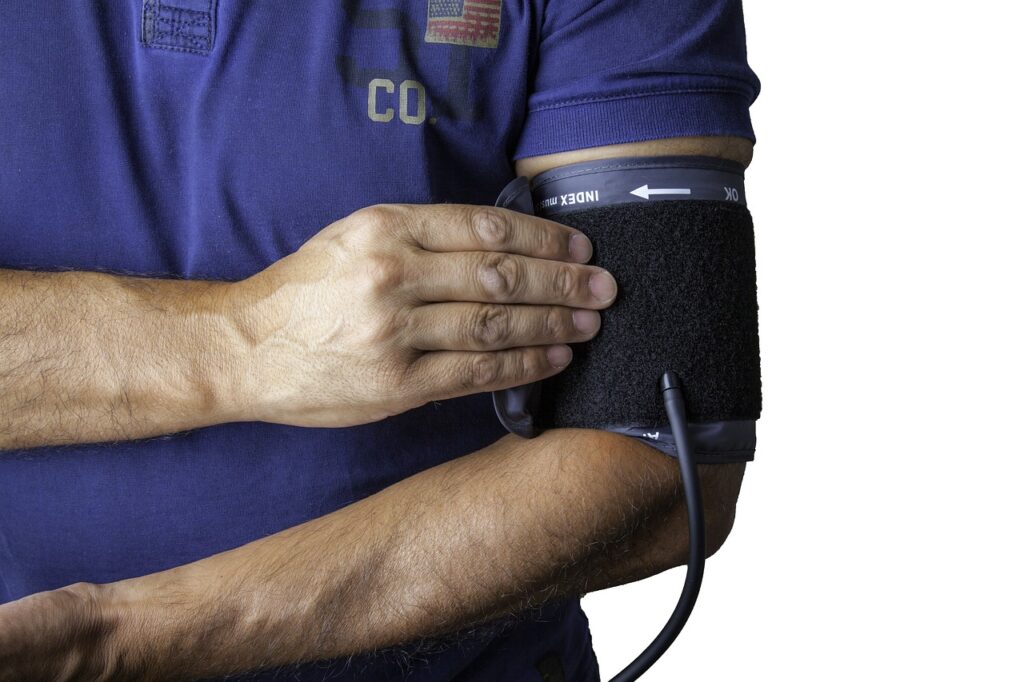
The Importance of Regular Health Examinations for Individuals
Health is considered by many people as being one’s most prized asset, however, it tends to avoid health checks unless and until something seriously goes wrong. Routine health checks are vital in promoting a global view of well-being while the identification of possible problems before they threaten the health status. The paper explores the significance of routine health checks, lays out some recommended timetables, and discusses the wider implications for personal and public health.https://www.youtube.com/embed/lUUxPQBTa60?si=hUqcZPLbHJ_tsNz6

Understanding Health Checks
A health check, also known as a check-up, is an overall evaluation of an individual’s health condition. It typically encompasses a physical check-up, several screenings, and consulting of past medical and life history. Depending on age, gender, family history, and risk factors, different components may form part of a health check.
Major Components of a Health Check
1. Physical Exam: This is a comprehensive check-up on the general body system through checks on blood pressure, pulse, and body temperature among others. Doctors may investigate several system in the body, including the heart, lungs, or abdomen, for abnormal conditions.
2. Screenings: Different screenings are based on an individual’s age and other risk factors. Some examples of screenings include cholesterol screening, blood sugar level tests, some cancer screenings, such as mammogram and colonoscopy, and vaccination.
3. Medical History Review: This steps explain history about the previous illnesses, surgeries, and any family health history that could affect one’s health risks.
4. Lifestyle Examination: Checking the diet, physical activity level, alcohol consumption, and smoking pattern will give an idea about the well-being of a person and what can be changed in his way of life.
Advantages of Routine Health Check-ups
Early Identification of Health Problems
One of the most important benefits of routine health checks is the early detection of health issues. Most diseases, including hypertension, diabetes, and cancer, develop painlessly without causing noticeable symptoms. Routine check-ups can discover these diseases even before they become worse and lead to more serious forms of a disease that could be life-threatening. Early intervention has better health results and can considerably reduce treatment costs.
Prevention is Better Than Cure
Health examinations do not only uncover conditions but also direct the patient towards preventive care. At a visit, a healthcare professional can give guidelines on lifestyle changes that will possibly prevent chronic diseases. Some of them relate to diet, exercise, or anxiety management. Preventive care further entails vaccinating against many diseases for healthy and fit life.
Specific Medical Advices
Every individual has different needs concerning health due to such factors as genetics, lifestyle, and environment. Periodic health exams offer the opportunity for personalized health counseling. The provider uses an assessment to tailor recommendations that guide the patient in making decisions about their health.
Establishing a Relationship with Healthcare Providers
Regular health check-ups create a great bond between individuals and their medical professionals. This trust and rapport go a long way in even opening up such sensitive issues related to health and advises them of the required medical consultation. A good patient-provider relationship brings about higher engagement of patients in managing their health, thereby increasing adherence to recommended health practices.
Recommended Health Examination Schedules
Generally, the frequency of health checkups differs depending on age, sex, and level of risk. Here is a general guideline:
Children and Adolescents
Infants: The first one year-1, 2, 4, 6, 9, and 12 months;
Children, 1-18 years: recommended annual check-up, with some including growth monitoring and vaccinations;
Adults
18-39 years: health checks are recommended every 1-3 years, considering the overall exposure to risks and lifestyle.
•40-64 years: More frequent annual visits, with priority given to disease-screening tests.
•65 years and older: Annual health visits are advised, with a focus on the management of chronic conditions and prevention of falls.
Women’s Health
Women need to make separate appointments for certain tests like Pap smears and mammograms, depending on their risk factors and age. Routine checkup with the gynecologist plays a very significant role in maintaining reproductive health.
Men’s Health
Men should be proactive about their health, beginning with health regarding the prostate and testicular examinations. Regular discussions on mental health and lifestyle habits are also pertinent.
Barriers to Regular Health Examinations
Although the benefits are apparent, several barriers may keep a person from seeking regular health examinations:
Financial Constraints
High costs of healthcare often have a significant deterrent effect. Without insurance or adequate cover, people delay their check-ups and treatments. Removing this particular barrier can be achieved through community health programs and sliding-scale clinics.
Lack of Awareness
In some cases, people underestimate the necessity of check-ups or do not know the schedules that are usually recommended. Public campaigns will play a key role in educating people within their communities on the importance of frequent check-ups.
Fear and Anxiety
Many patients fear medical visits or anxiety towards medical visits brings a lot of avoidance. The more they understand the process, the more they address concerns. Healthcare providers can work toward building a more inviting atmosphere to dissipate these patient anxieties .
Time constraints
Busy lifestyles often make work and family commitments take the center stage at the detriment of personal health. Promoting flexible appointment scheduling and promoting workplace wellness programs can help find time for regular check-ups.
The Role of Technology in Health Examinations
Due to the advancement in technology, health has become one of those things that people handle differently. Telemedicine has become an essential resource that allows a person to consult with professionals from the comfort of their homes. It has been easier for people to approach consultants for follow-ups and treatment concerning chronic conditions.
Wearable technology, including fitness trackers, smartwatches, etc., plays an important role in raising awareness about health. These devices can monitor vital signs, activity levels, and alert the users to impending health problems, thus encouraging them to take proactive care of their health.
Effects on Public Health
Regular health examination has far-reaching implications beyond individual health. It contributes to community wellness because it reduces the burden of disease from the healthcare system. Early detection and prevention can reduce healthcare costs, promote productivity, and maintain people in healthy and energetic activities.
In addition, mass checks can highlight emerging public health trends that information can then guide policy decisions and the allocation of resources. For instance, through routine screening, one is able to detect increased levels of obesity or diabetes in a community, thereby warranting interventions and targeted public health campaigns.
In summary, routine medical checkup remains a crucial element in any person’s health and wellness. They allow for prompt detection of health problems, and encourage preventive care, while developing good relationships with doctors. The benefits far outweigh the challenges despite the barriers that would impede an individual from a routine check-up. Individuals can take proactive steps toward a healthier future by prioritizing health examinations and by making use of technology. Public health initiatives aimed at increasing awareness and accessibility will further enhance the community’s overall health and wellness, further leading to a healthier society.




